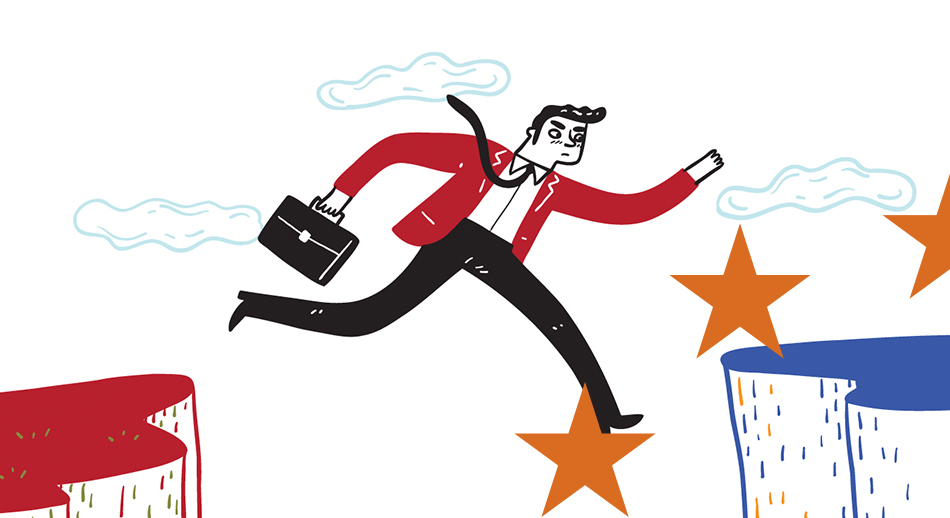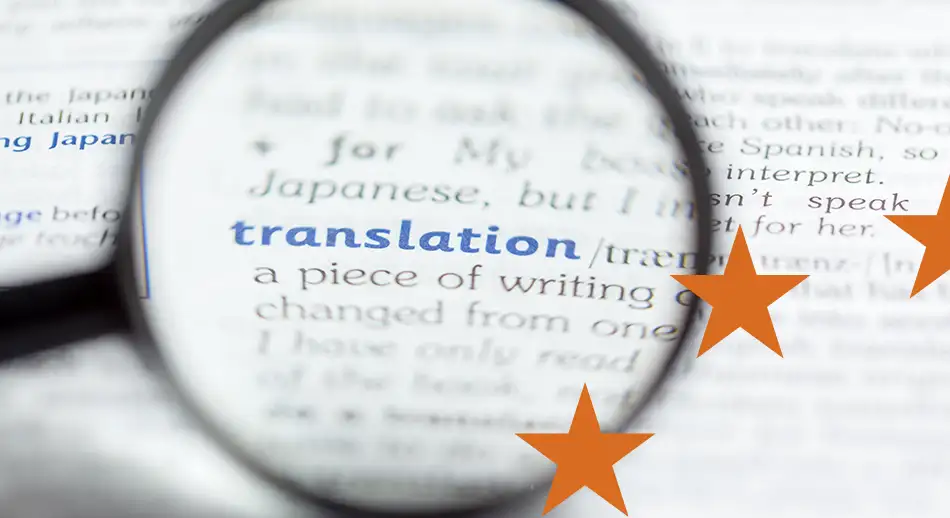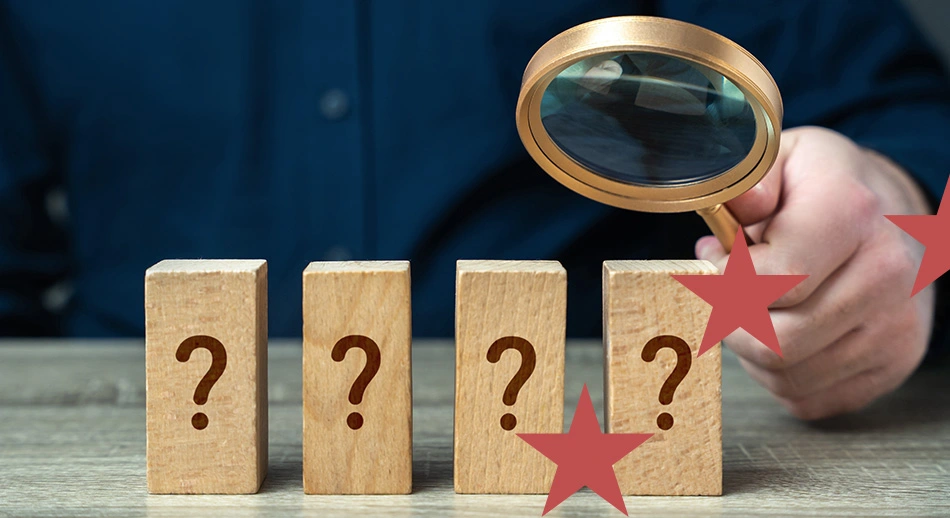Let’s discover some interesting “series” on the environment, sports, communication-and on the Italian language-from the European Commission’s streaming service.
European Commission webcast: what’s new this year
We have already offered interesting in-depth videos on these pages, published by the “webcast” portal, the web streaming service of the European Commission.
We last did this a year ago, offering small video series on:
- The role of the EU in various areas of science (for Air, Water, Soil, Health, Citizenship, AI and Digital, Crisis Management, Nuclear),
- Tools and initiatives for the rural world(Use of data, Pollinating insects, Promotion of agricultural products, Agroecology and animal welfare),
- Regions and Structural Funds(The Future of Cohesion Policy, Managing Authorities and their Administrative Strengthening, Cohesion Policy and Strategic Technologies).
Once again this year we have made a selection of some of the most interesting webinar series: we will talk about the Environment (Green Week 2025 has just ended), Sports (the EU Sport Forum 2025 took place in April), Communication (with a series dedicated to communication on European issues) and Translations (with a series dedicated to the translation of idiomatic expressions of the Italian language).
Green Week 2025: circular solutions for a competitive Europe
Green Week is the European Union’s main annual conference dedicated to the environment. It has been held for more than 20 years and promotes dialogue on European environmental policies and projects, involving institutions, businesses, NGOs and citizens, through events and workshops in Brussels and across Europe. It is one of the great moments of encounter between European institutions and society, essential for those working on European projects: we talked about it here.
Green Week 2025 took place June 3-5, had as its central themes three big “Cs” (Clean, Competitive & Circular) and focused on thecircular economy as a driver of Europe’s economic transition. We summarize its main moments here, in thematic continuity with our last article on LIFE Info Days.
First day (June 3): the WEBCAST. Agenda:
- Opening Session
- Water resilience and competitive circular economy
- Circular economy and strategic autonomy
- Circular economy and green recovery in Ukraine
- Circular economy laws and circular markets
- Circular economy and international partnerships
- LIFE 2025 awards: environmental excellence and innovation
Day two (June 4): the WEBCAST. Agenda:
- Circular economy stakeholder platform
- A cartoonist’s perspective on environmental policies
- Circular and environmentally friendly bioeconomy
- AI, young innovators and the circular economy
- Cleaner and more circular industrial plants
- Based economy and smart water use
- Regulation to accelerate the circular economy
- Summary of the second day
Third day (June 5), room A: the WEBCAST. Agenda:
- Agenda of the day
- High-level plenary session
- Activating the circular economy ecosystem at the local level
- Bioeconomy: challenges and success stories
- Connecting local businesses and industry for the circular economy
- Circular best practices in Europe and the world
- Closure: circularity as a catalyst for change
Day three (June 5), room B: the WEBCAST.. Agenda:
Day three (June 5), room C: the WEBCAST.. Agenda:
- Building circularity in the built environment at the local level
- Resilience, repair and reuse in textiles and electronics
EU Sport Forum 2025: a review of sport in Europe
TheEU Sport Forum, theannual sportevent at the European level, took place in Krakow on April 10 and 11. It brought together European institutions, European and international sports federations, Olympic committees and ministries, as well as grassroots organizations, athletes and volunteers involved in sports activities.
He touched on some of the most important issues on the state of the world of sport in Europe and discussed key insights from Erasmus+ Sport actions, with an eye on future developments of the program.
For those who would like to learn more, we recommend checking out the pages that talk about other sport initiatives, such as the European Week of Sport, the #BeActive EU Prize for Sport, and theErasmus+ Sport Infoday.
These are links to webcasts on the highlights of the event.
Keynote speech and interview with athletes
The role of sports in education
Piracy in live sporting events
Strengthening the European sports model: solidarity, values and competitiveness
Presentation of the Milan-Cortina 2026 Olympics
Foreign investment in European soccer
Building bridges: the role of sport in EU enlargement
European Commission webcast, communicating European projects: INFORM EU training sessions
INFORM EU is the European network of communication officers in charge of promoting what has been achieved within the framework of the Structural Funds, at the European and member state levels. It is therefore a network that specializes in communicating European projects: a particularly important aspect both for those who implement them and for those who manage and finance them. Communicating European projects is a duty and an opportunity: to enhance what has been achieved, to draw lessons and examples from it, and to strengthen citizens’ confidence in EU action.
We have recently devoted a nice review of stories about European projects implemented under the Structural Funds to this topic, as well as our own column specifically dedicated to it. INFORM EU has dedicated a series of webcasts precisely to good communication in European projects: to how to tell authentic and engaging stories, enhance the concrete impact of projects, and use languages and tools capable of speaking to different audiences.
The webcasts reveal the importance of communication that is transparent, ethical, and fact-based, but also visual, modern, and accessible, amplified by credible and authentic voices; of people-centered storytelling that shows the change generated by European funds; and of presentations and tools used “cleanly” and fairly.
These, in detail, are the topics covered and direct links to the videos.
For reliable public communication
Influencers in communication campaigns
Maximizing the impact of a social media campaign (with an introduction to the “Europe in my region” social media service and Canva)
Clean, clear, safe: modern presentation design
Improve inter-fund communication
We will return to these issues with new reviews and interviews.
Mamma Mia. Typical Italian expressions meet Europe.
Let us conclude our brief review with a lighter, but no less fascinating topic: how are expressions typically used in the Italian language perceived at the European level, and particularly in European projects, policy, and institutional communication?
It may seem like a mere curiosity, but the European Commission’s interpreting service devotes no less than five lengthy webcasts to you, each one delved into with a truly remarkable level of detail.We have indicated below the sections into which each webcast is organized, to tickle your curiosity.
Such attention to our own seems to indicate that we use these expressions with a high enough frequency to create some headaches for EU translators and interpreters. Indeed, the various expressions in the podcast are accompanied by examples of their use in European documentation.
A real treat for fans of Italian-speaking Europe. Of course, the podcasts are in Italian-it would probably have been too complicated to render them effectively in other languages.
A godsend: typical Italian expressions of religious origin The Old Testament | The New Testament | The Trinity, angels and Heaven | The devil and hell | Saints, friars and kindred | The Pope | The church building and the mass
Tutto fa brodo: typical Italian expressions of culinary origin. Bread, pasta and rice | Soups and stews | Vegetables | Fruits | Fish, meat, eggs and cheese | Desserts | Condiments and cooking | Beverages | Pots and dishes
Campa cavallo: typical Italian expressions from the animal world Cats | Dogs | Farmyard animals | Barn animals | Stable animals | Pigsty animals | Insects and surroundings | Reptiles and amphibians | Continental animals | Exotic animals | Volatile animals | Fish and crustaceans
Calcisticamente parlando: typical Italian expressions of soccer origin The role of the players on the field | The referees | The field and the stadium | The game | The coach and the bench | The team and the jersey
Sailor’s promises: typical Italian expressions of seafaring origin The boat and the ship | The oars and the sails | The wind | The navigation | The sea | The crew




